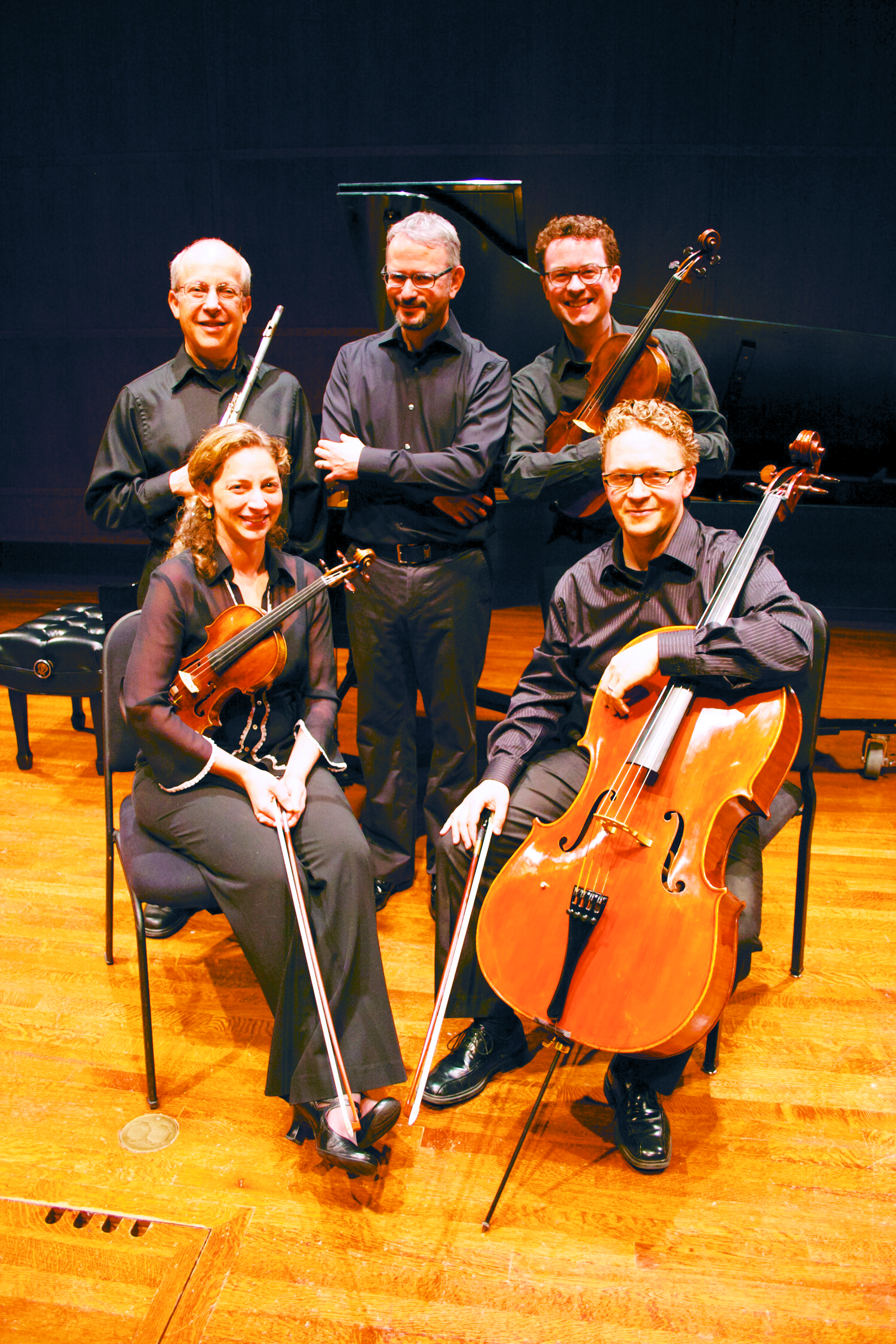Though you’d think a nickname so catchy could have taken root, as far as I know Carl Maria von Weber (1786–1826) has never been called “the father of the Romantics.” But he deserves it; likely no composer has innovated more and gotten less credit for it. Everything he touched, he made new. His atmospheric operas made folk and fairy tales viable subjects (without Weber, no Wagner), enrapturing audiences with a boundlessly imaginative ear for harmony and orchestral color. One of the great pianists of his day, he introduced a new sort of virtuoso dash into instrumental writing; his Konzertstuck, half concerto, half tone-poem, used to be a foundation stone of pianists’ repertories. He explored the possibilities of the clarinet, which had just tiptoed into the orchestra around 1750, and made it indispensable. He was a pioneering conductor; he was the first to spruce up that brand-new (and hedonistically naughty) dance craze, the waltz, for the recital hall in his Invitation to the Dance ; and as the earliest musician to leave behind a significant body of journalism, he’s the patron saint of composer/critics.
So where’d he go? Well, not much of his work fits well into the pigeonholes of our concert life. Those fanciful operas are nearly impossible to stage convincingly (though at least their overtures live as sure-fire concert openers). His two symphonies are startling, even weird, but can’t compete with Beethoven’s; similarly, the effort required to learn one of Weber’s fiercely difficult piano sonatas could be better spent, you may feel, on one of Beethoven’s or Schubert’s. He wrote a ton of charming but shallow music for amateur use. And he wrote very little chamber music—none of it in common formats like the string quartet or piano trio. Which is why it’ll be a rare thrill to hear some of it played Sunday by pianist Byron Schenkman on his recital series: an early piano quartet and a delicious trio for flute, cello, and piano, by turns moody, jaunty, goofy, and operatically yearning. Schenkman’s expertise in baroque keyboard music sets him up perfectly to appreciate the composer’s novelty: “I loved it right away,” he says. “Coming at it from an 18th-century perspective, it seems really fresh.” He’ll combine the quartet and trio with a piano trio and fantasy by Mozart (there’s a family connection; Wolfgang married Carl’s cousin Constanze). Make it a Weberfest, if you like (his birthday’s November 19); elsewhere on Sunday, at 2:30 p.m., Philharmonia Northwest is playing Invitation to the Dance. Benaroya Recital Hall, Third Ave. & Union St., 215-4747, byronschenkman.com. $10–$42. 7 p.m. Sun., Nov. 23.







